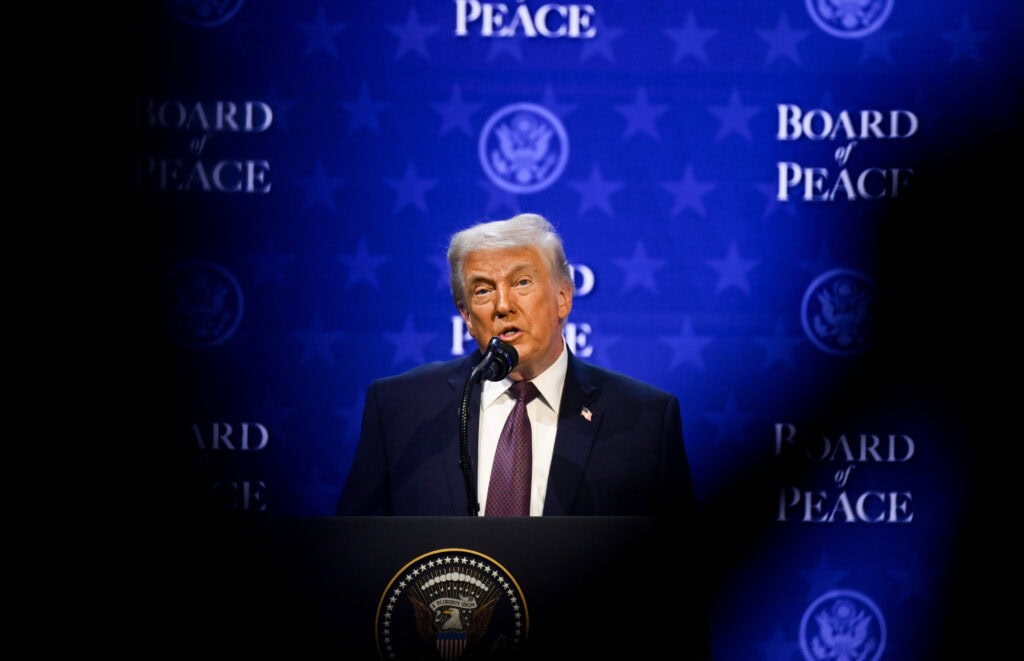
Miloš Maggiore
Miloš Maggiore is a consultant in the Analytical Products team at New Lines, focusing his analysis on researching the Indo-Pacific and other hotspots for the weekly forecast monitor. Before joining New Lines, Maggiore was a master’s candidate in international relations at Johns Hopkins SAIS. His research has included European security, emerging technologies, and maritime security in the Indo-Pacific. He previously graduated with a master’s in international conflict and criminology from Amsterdam’s Free University. He has worked in NGOs concerned with humanitarian assistance in Greece as a worker in a refugee camp. He was an assistant in a local Amnesty International group in the Netherlands and worked on researching wildlife crimes for a South African start up. He has work experience in finance and think tanks.




